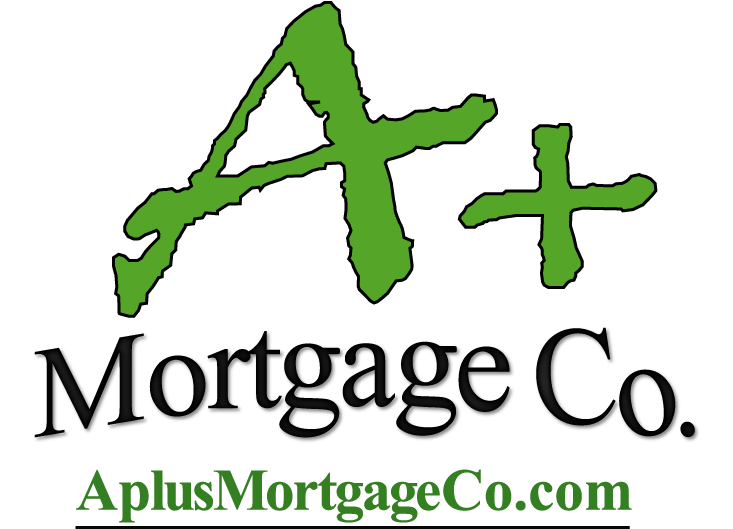It’s natural to dream about obtaining a beautiful home; however, the mortgage process can be scary for most buyers. In today’s world, we should not trust anyone because scams and frauds are common. The terms and conditions included in the loan offers are usually very complex and come with the problem of incurring extra hidden charges. Some individuals in the loan business may use threats, which makes the situation more critical.
Because of these difficulties, corrupt individuals can find it easy seeking to rip off uninformed home buyers. They can ask you to make a decision ‘here and now’, or offer completely unfair conditions. How sad is it if such a person’s plans leave you completely broke and without a dream home?
On the other hand, having some knowledge can help you detect red flags and protect you from becoming a victim. Stay tuned and read further in this blog to get knowledge about common mortgage scams and “how to spot & avoid home financing scams.”
5 Usual Types of Mortgage Scams:
False Advertising Scheme:
False advertising schemes are one of the top mortgage scam types. A mortgage lender to tackle you post extremely low interest rates or very interesting terms. However, the terms can shift drastically for the worse as you continue through the loan process, leading to a loan you may not like. This tactic works by ensuring that they let you get as much invested in the process as possible before they tell you the real terms which are not so appealing.
If you want to protect yourself, demand written documentation of all loan offers before taking a final step. Don’t trust lenders who try to satisfy you verbally and refuse to provide you with written evidence. Examine the offers with a lot of care and detail especially the interest rates, fees and the overall terms of the loan.
Mortgage Rescue Fraud:
People who are at risk of losing their homes to foreclosure are easy and dangerous targets for scammers. These scammers fool you easily by acting as a well wisher of you; they try to give you full satisfaction regarding your home safe or foreclosure. However, they demand advance payments without offering meaningful services.
Also they might try to convince you to stop paying for mortgage payments; this thing leaves you in a worse financial situation. If you feel insecure and find yourself at risk of foreclosure, it’s advice for you to directly talk with your mortgage lender and examine options to avoid it.
Scam Loan Modifications:
Sometimes, scammers act as your mortgage lenders or a loan modification service. They promise to enhance your mortgage by adding better terms, often requesting upfront payments. Once you pay, they disappear, and your mortgage stays the same.
If you want to modify your loan, do it directly with your loan lender. Stay alert from unwelcome proposals or calls from people who say they work for your lender. Do not pay any fees to modify your loan in advance or after receiving a signed modification agreement.
Scame Lease-Purchase Agreements:
For those who may not have access to conventional mortgages, lease-to-own arrangements are very desirable. It entails renting the premises with a future purchase option. Unfortunately, the purchase option in these contracts is most often drafted to leave someone with no possibility of exercising it. Renters or down payments are lost due to scammers who intend their contract to fail.
Be careful with lease-to-own companies. Before putting your name on any paper, consult a real estate lawyer and have them examine the contract. If the contract is too complicated, especially the payment terms with crazy restrictions on default, you should consider it a scam.
Home Equity Fraud:

A criminal practice known as equity skimming, in which a scammer manipulates a homeowner into transferring the title of their property, often by showing as a buyer through a lease purchase agreement or other means. The scammers lease the property, collecting income while defaulting on the mortgage payments. This series of actions results in foreclosure proceedings for the property, which leaves the original homeowner without any equity and without a home.
Red Flags To Watch Out For in Home Financing Scams:
Lack of Transparency: Challenges in accessing straightforward details about the available loans, their conditions, and associated costs or the submission of an application.
High Upfront Costs: Demand for the release of a large amount of money to cover modification of loans or assistance with other service expenses.
Too good to be true offers: Promises of getting funded even with a poor credit history, or proposals that are incredibly cheap.
Unprofessional Communication: All-inclusive spam brochures, unbranded web pages, or emails that do not bear the company name but use regular domains, e.g., Gmail, Yahoo.
Limited Contact Information: A lender’s physical location or any of their active working telephone contacts may be difficult to find.
No Licensing/Accreditation: Cannot show certified compliance of registration or licensing with appropriate authority, such as state or federal level.
Final Thoughts
In modern times, when fraud is common. Protect yourself from becoming a target for scammers. Especially when you’re going to invest in home financing. To secure yourself it’s crucial to get an extensive guide on “how to spot & avoid home financing scams.” First of all you need to have some knowledge about different types of mortgage scams. In this blog, we mentioned 5 types of mortgage scams: false advertising schemes, mortgage rescue fraud, scam loan modifications, scam lease-purchase agreements, or home equity fraud. Keep secure yourself by watching out for red flags in home financing scams. Have questions? We’re here to help—contact us now!
Note it: Just because something looks appealing doesn’t mean it’s worthwhile.

